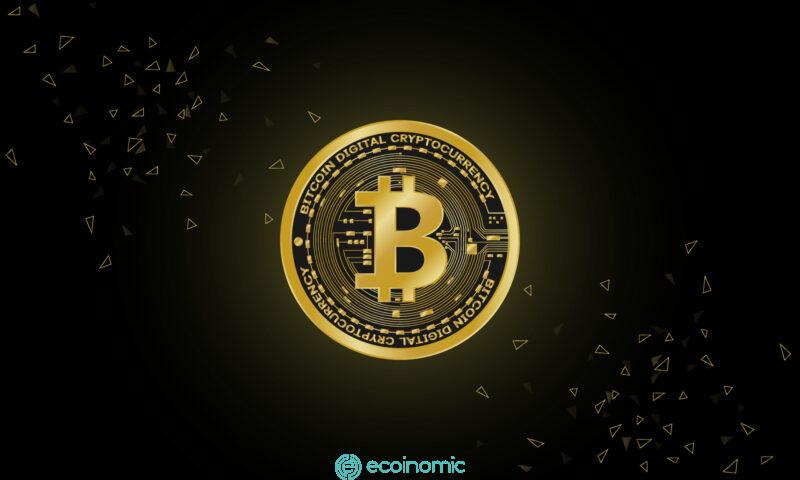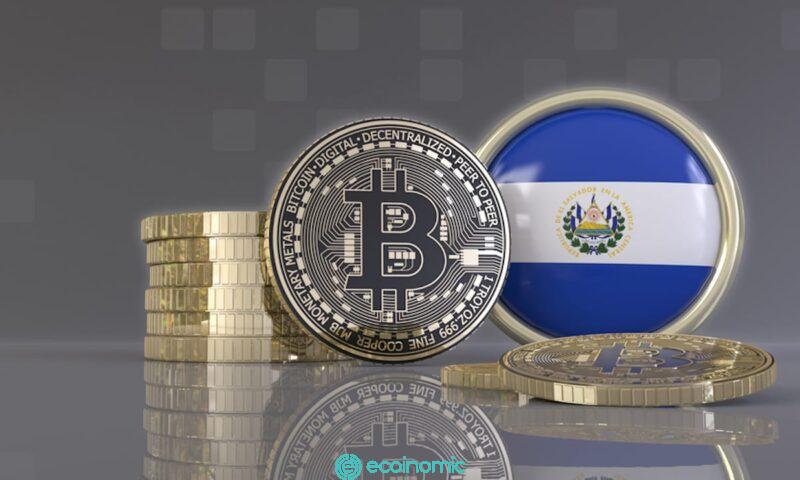Advertisement
El Salvador's finance minister believes that bitcoin's continued price volatility means that "Bitcoin bonds" will soon be rolled out on a large scale. Meanwhile, the country is facing a "human rights crisis".
Bitcoin and bond negotiations in El Salvador
El Salvador's Finance Minister Alejandro Zelaya said the country will delay the launch of bitcoin (BTC) bonds worth up to billions of dollars, citing volatile prices and uncertain market conditions due to the ongoing Russia-Ukraine war.
The news comes at the same time that Amnesty International accused salvadoran authorities of "serious human rights violations and criminalization of people living in poverty."
In an interview wednesday on the local news program "Frente a Frente" (Face to face), Zelaya was asked if with this situation, the issuance of $1 billion worth of Bitcoin bonds from about "a few months ago" had changed.
"No, not really, the price (Bitcoin) is still being affected by the impact of the war in Ukraine," he said in a preliminary translation. In addition, he added that "In a short time, variations are constant but in the long run, it tends to increase in value." "The future and economic innovation (according to Bitcoin) is something we are forced to bet on." Plans for the original bond were announced in November 2021 by President Nayib Bukele of El Salvador.
Plans for the original bond were announced in November 2021 by President Nayib Bukele of El Salvador.
Half of that $1 billion will be used to fund the construction of bitcoin city near a volcano, with the idea that its geothermal energy could be fully mined by bitcoin miners. The other half of the money raised will go directly to Bitcoin.
The $1 billion bond was originally scheduled to launch in mid-March 2022, but in an interview in March, Zelaya delayed the launch citing price fluctuations, and gave a launch date that was expected to fall around June and last until September 2022.
Such an increase would raise concerns that the country could fall into default, with a bond worth up to $800 million due in January 2023. This prompted ratings agency Moody's to downgrade El Salvador's credit rating on May 4, citing a "lack of a reliable enough financial plan."
The Government of El Salvador has been buying Bitcoin since September 2021, accompanied by Bukele's announcement that the country bought an additional 500 BTC on May 9. It is estimated that El Salvador has lost more than $35.6 million from BTC investments to date.

Amnesty International said: "This is a human rights crisis."
Meanwhile, a human rights group called Amnesty International has accused el Salvador's government of serious human rights violations through arbitrary detention, ill-treatment and torture of prisoners.
A state of emergency (SOE) was declared by President Bukele on March 27, noting the country's soaring murder rate, which the government blamed on gangs and organised crime. Soe has since been renewed twice.
The human rights group said the SOE had changed its laws and legal procedures, eroding the right to defend itself, negatively affecting the right to prove itself innocent, effective judicial remedies and the right to independent access to the same judge.
During the crackdown, more than 35,000 people were jailed in less than three months, with an increase of up to 1.7% of the country's over-18 population being detained. More than 250% of the country's prisons are overcrowded.
However, despite such abuses, many El Savador residents still agree with Bukele's harsh measures, as the president remains popular and influential in public opinion. The most recent poll released by local media on Wednesday showed approval ratings for the incumbent president still approaching 87 percent.
















